KLM Royal Dutch Airlines (KL, Amsterdam Schiphol) and other airlines have won a court case preventing the Dutch state from cutting flights at Amsterdam Schiphol from 500,000 annually to 440,000 for the 2023/2024 season to reduce noise pollution.
The Court of North Holland (case number C/15/337248 / KG ZA 23-94) on April 5, 2023, ruled that the state had not followed the correct procedure. This means that as a result of this decision, Schiphol may not reduce the maximum number of flights to 460,000 for the coming season.
The preliminary relief case was brought by the International Air Transport Association (IATA) and the Air Transport Association of America, KLM, KLM Cityhopper, Delta Air Lines, Transavia Airlines, and Martinair (Netherlands), who were joined by TUI fly (Netherlands), Corendon Dutch Airlines, easyJet (easyJet Switzerland and easyJet Europe), Lufthansa, Air Canada, British Airways, Vueling Airlines, United Airlines, JetBlue Airways, and FedEx Express.
The court case followed a Dutch cabinet decision to create a new balance between the interests of aviation and the environment. It, therefore, wants to eventually reduce the maximum number of permitted flights at Schiphol to 440,000 per year. As a first step, the state wanted to introduce a temporary arrangement for the flight season from November 2023 to October 2024, which would already reduce the maximum number of permitted air transport movements to 460,000.
KLM and the other airlines argued they should be able to count on maintaining the current capacity of a maximum of 500,000 flights until a new maximum is set, on which they should be consulted. They also argued that the Dutch state did not follow European law procedures.
Indeed, the preliminary relief judge agreed and ruled that the Dutch state did not go through the correct procedure with the introduction of the proposed temporary regulation. According to European rules, the state can only reduce the number of flights at an airport after going through a careful process. This would include the state mapping out various measures that could reduce noise nuisance and consulting all stakeholders. A reduction in flights was only permitted if it was clear that other measures to limit noise nuisance were ineffective, the judge said.
Responding to the ruling, KLM said: "We would rather cooperate with the other parties than face them in court. We were unfortunately forced to file these preliminary relief proceedings to get clarity; the capacity for the coming winter will be determined at the beginning of May. With this verdict, we have clarity". The airline said it would like to cooperate with the government, Schiphol and any other relevant parties to achieve less noise and CO2 while meeting travellers' need to fly. "We will demonstrate this in the next phase of this case, the EU’s Balanced Approach procedure. This will investigate whether noise levels can be reduced around Schiphol using methods other than those envisaged by the ministry."
IATA welcomed the decision by the Dutch court. "This case has been about upholding the law and international obligations. The judge understood that the Dutch government violated its obligations in shortcutting processes that would bring scrutiny to its desire to cut flight numbers at Schiphol. This decision gives vital stability for this year to the airlines using Schiphol airport and maintains the choice and connectivity passengers value," commented IATA Director General Willie Walsh. "But the job is not done. The threat of flight cuts at Schiphol remains very real and is still the stated policy of the government. Schiphol Airport themselves yesterday announced night flight cuts without consultation. Airlines understand the importance of resolving issues such as noise. The balanced approach is the correct, EU and global legally-enshrined process for managing noise impacts. It has helped airports around the world successfully address this issue," he stated.
Night flight ban
Earlier this week, KLM had criticised Schiphol for "unilaterally putting forward proposals that will have far-reaching consequences for airlines, without involving the industry parties in this process".
The airport's home-based carrier was reacting to Schiphol's new rules announced on April 4 to limit noise and CO2 emissions by imposing a night-time ban that would result in 10,000 fewer night flights a year at the airport. It wanted no aircraft to take off between midnight and 0600L (0400Z) and no landing between midnight and 0500L (0300Z). The airport also wanted to ban private jets and small-business aviation and gradually enforce controls on noisier aircraft. These three measures would have come into effect no later than 2025-2026, the airport said in a statement.
Still, Schiphol wanted to keep 2.5% of available take-off and landing slots for cargo, but operators must adhere to tighter rules for noisier aircraft and the new night ban.
In addition, Schiphol said it was abandoning plans for an additional runway - the parallel Kaagbaan runway - and was asking the Dutch government to revoke the land reservation. Instead, it was setting up an environmental fund for the local area. Between now and 2030, Schiphol would invest EUR70 million euros (USD76.6 million) or EUR10 million (USD10.9 million) per year on innovative construction concepts, home insulation, and adjacent area development.
KLM said it was astonished at Schiphol's unilateral approach, stressing that "only through a collaborative, sector-wide approach can the aviation industry achieve a balance between its surroundings and the climate. [...] We would prefer to work with the rest of the aviation industry on developing further measures to reduce CO2 emissions and noise pollution."
It added: "Together, we can arrive at an alternative that will have the support of all parties and therefore be effective. In consultation with the other airlines based at Schiphol, our strategic partner Delta Air Lines, and aviation industry organisations, we will submit our views on this matter to the Ministry of Infrastructure and Water Management by June 15 at the latest. Schiphol remains welcome to join these consultations."
The airline pointed out that Schiphol had played a vital role in a collaborative approach, "for example, in terms of ethical and sustainable employment practices and working conditions at the airport."
- Type
- Base
- Aircraft
- Destinations
- Routes
- Daily Flights

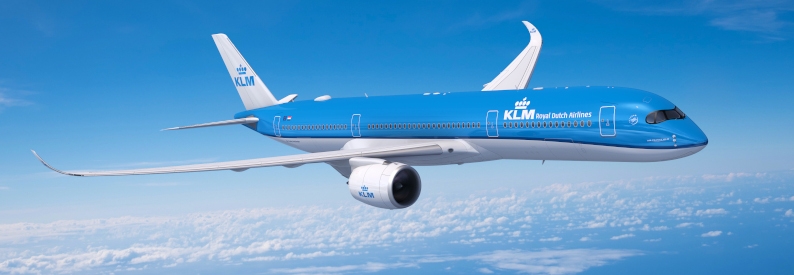
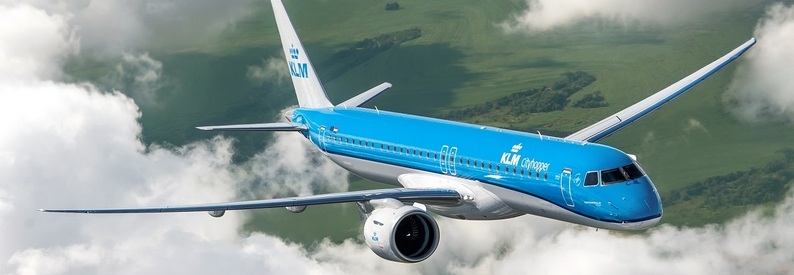
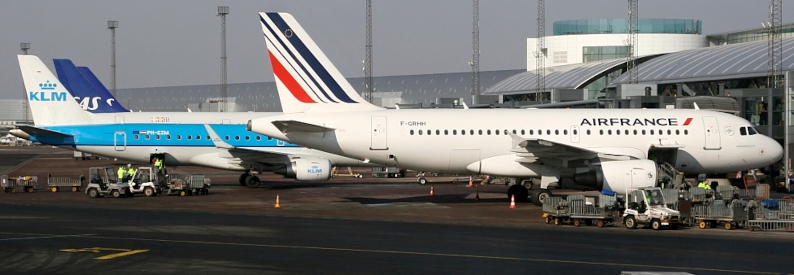
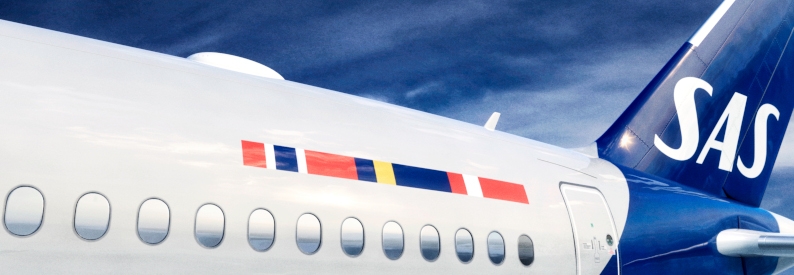
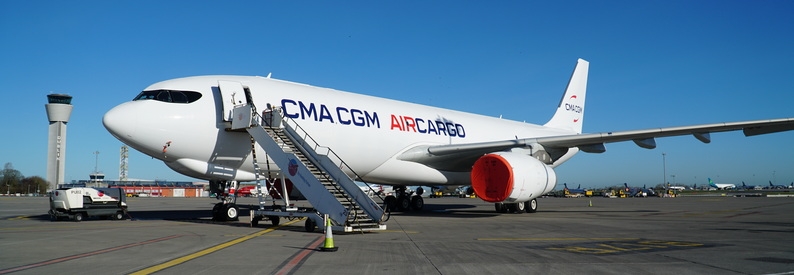
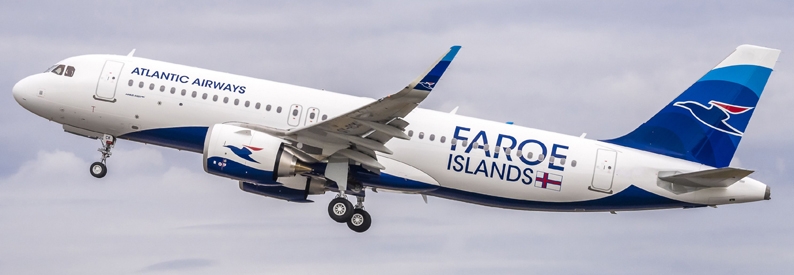
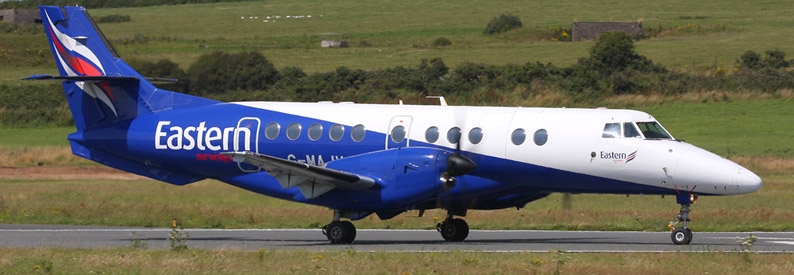
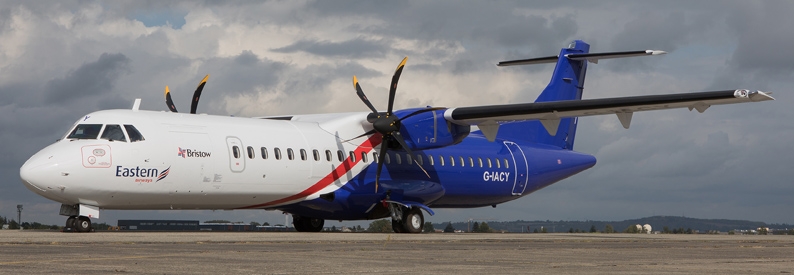
Editorial Comment: Added IATA comment. Added KLM comment. - 06Apr2023 - 10:43 UTC